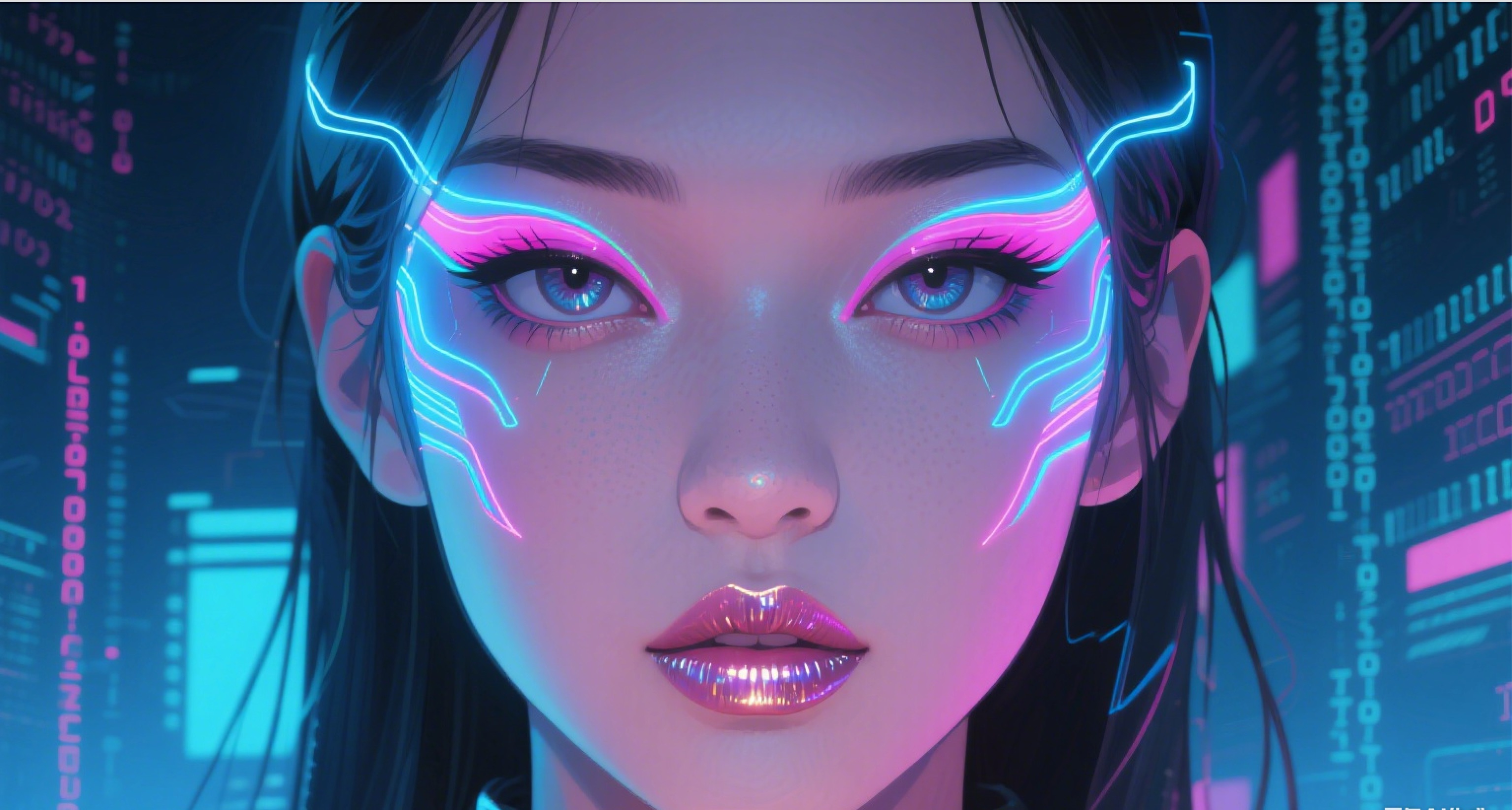AI Beauty Trends 2025: What's Next in Digital Attractiveness
Explore the latest AI-powered beauty trends shaping 2025, from virtual makeovers to personalized beauty recommendations.

The Evolution of AI Beauty Analysis
As we move into 2025, artificial intelligence is revolutionizing how we understand and enhance beauty. The integration of AI in beauty analysis has moved beyond simple scoring systems to sophisticated, personalized recommendations that consider individual features, cultural preferences, and emerging trends.
Key Trends Shaping 2025
1. Personalized Beauty Recommendations
AI systems now analyze not just facial features, but also skin tone, lifestyle factors, and personal preferences to provide tailored beauty advice. This includes:
- Customized skincare routines based on AI skin analysis
- Makeup recommendations that complement natural features
- Hairstyle suggestions using 3D facial modeling
2. Virtual Beauty Try-Ons
Advanced AR technology allows users to experiment with different looks instantly. These tools use AI to:
- Map facial features in real-time
- Apply makeup virtually with realistic lighting
- Suggest color palettes based on skin undertones
3. Inclusive Beauty Standards
AI beauty analysis is becoming more inclusive, recognizing diverse beauty standards across cultures and ethnicities. This includes:
- Training models on diverse datasets
- Reducing algorithmic bias in beauty scoring
- Celebrating unique features rather than conformity
The Science Behind AI Beauty Analysis
Modern AI beauty systems use multiple approaches:
- Facial landmark detection: Identifying key points on the face
- Symmetry analysis: Measuring facial balance and proportion
- Texture analysis: Evaluating skin quality and clarity
- Feature correlation: Understanding how different features work together
Future Implications
The advancement of AI in beauty analysis raises important questions about self-perception and beauty standards. As these technologies become more sophisticated, it's crucial to use them as tools for enhancement rather than validation, promoting self-confidence while celebrating individual uniqueness.
Conclusion
The future of AI beauty analysis is bright, with technologies that promise to be more inclusive, personalized, and empowering. As we embrace these innovations, we must ensure they serve to enhance our natural beauty rather than define it.
Dr. Sarah Chen
AI researcher and beauty technology expert with 10+ years in computer vision and facial analysis.
